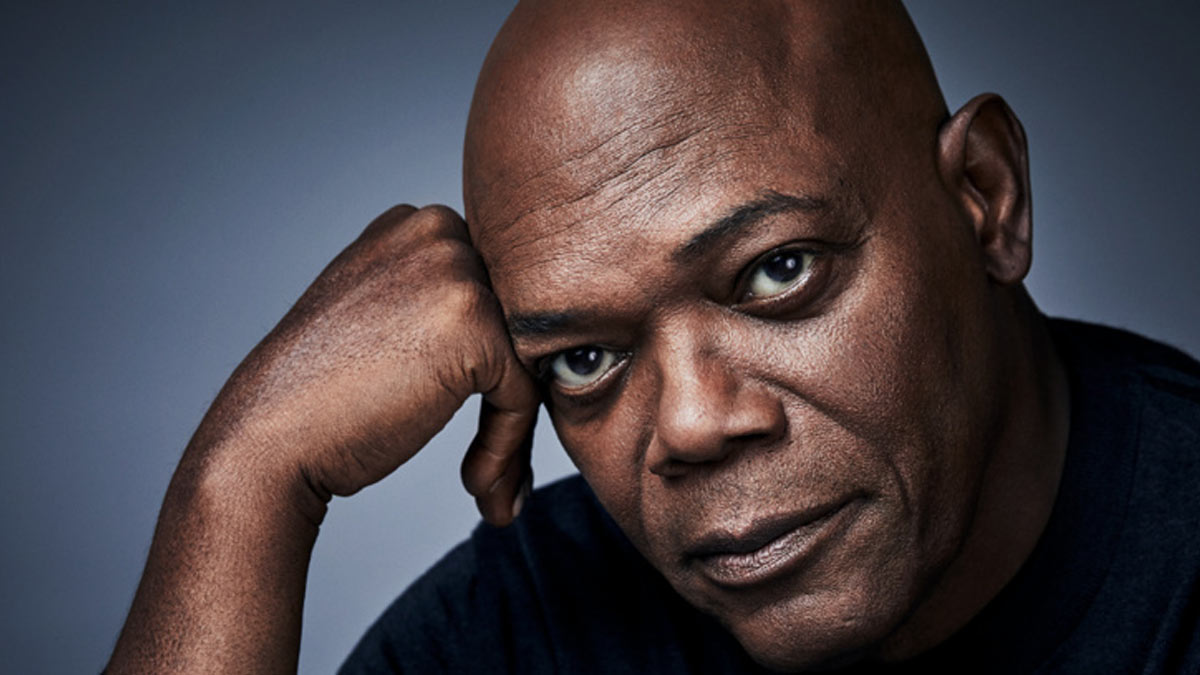
Samuel L. Jackson's journey in Hollywood took a seismic shift with Quentin Tarantino's masterpiece, Pulp Fiction. Before his portrayal of the enigmatic Jules, Jackson was a respected actor, but it was this role that catapulted him into the stratosphere of cinematic coolness. Speaking at the 30th-anniversary screening of the film, Jackson shared how this portrayal reshaped public perception of him, remarking, "It changed my life drastically. In that I think this was the particular role that all of a sudden people started thinking I was the coolest mother f---er on the planet. So, I’m happy with that."
Table of Content:-
Cannes: A Moment of Recognition
The impact of Pulp Fiction reverberated across continents, with its premiere at the 1994 Cannes Film Festival marking a pivotal moment in Samuel L. Jackson's career. Reflecting on the experience, Jackson recounted how the spotlight often missed him amidst the presence of Hollywood luminaries. Yet, it was Tarantino's distinct dialogue that set the stage, as Jackson recalled, "Watching a lot of films, you realize at a certain point that an actor only talks one-third of the film. But when I read Tarantino’s script, I was like, ‘This is amazing.’ I read it again to be sure I wasn’t making myself crazy. And I really wanted to be a part of this amazing movie."

Psychoanalytic Analysis of Pulp Fiction
Embark on a riveting exploration into the depths of Quentin Tarantino's cinematic marvel, "Pulp Fiction," through the lens of psychoanalytic analysis. This groundbreaking film, hailed for its unconventional narrative and unforgettable characters, serves as a canvas for delving into the intricacies of the human psyche. Within its non-linear storytelling lies a rich tapestry of unconscious desires, anxieties, and motivations waiting to be unearthed.
Through the psychoanalytic perspective, we peel back the layers of Vincent Vega's moral ambiguity, Mia Wallace's quest for identity, and the thematic undercurrents of redemption and violence. As we navigate the labyrinth of Tarantino's creation, we uncover the subconscious forces that drive each character's actions and the existential dilemmas that resonate with audiences. Join us on this enlightening journey as we decipher the enigmatic symbolism and profound insights embedded within the celluloid masterpiece that is "Pulp Fiction."
Also Read: Know The Secret Behind David Beckham’s Swoon Worthy Bod
Exploring the Depths: Vincent Vega's Struggle with the Unconscious
Vincent Vega, portrayed by John Travolta, emerges as a complex character embroiled in a battle between conscious morality and unconscious desires. Throughout Pulp Fiction, Vega grapples with his suppressed instincts, engaging in acts that challenge his sense of right and wrong. His fear of mortality serves as a conduit for his subconscious impulses, driving him towards precarious situations and moral quandaries.
The Madonna-Whore Dichotomy: Mia Wallace's Quest for Identity
Uma Thurman's portrayal of Mia Wallace encapsulates the struggle for self-discovery amidst societal expectations. Mia oscillates between societal archetypes, embodying both the Madonna (pure and innocent) and the Whore (someone perceived to be sexually promiscuous). Her journey echoes the societal pressures imposed on women, navigating between conformity and autonomy, as she seeks to define her own identity beyond the confines of her marital and social status.
Redemption Amidst Chaos: The Role of Violence
Within the chaotic underworld of Pulp Fiction, redemption finds its expression through violence. Characters like Vincent Vega and Marcellus Wallace employ violent means to assert control and find absolution. This exploration of violence as a catalyst for redemption underscores the film's thematic complexity, delving into the intricate interplay between morality, power, and consequence.
Forgiveness and Self-Reflection: The Path to Closure
Central to Pulp Fiction's narrative is the theme of forgiveness and self-forgiveness. Characters grapple with guilt and seek absolution, highlighting the human need for closure and redemption. Vincent's quest for forgiveness mirrors Jules Winnfield's internal struggle, emphasizing the importance of reconciling one's past actions with a desire for personal growth and transformation.
The Synthesis of Opposite Motivations
At its core, Pulp Fiction serves as a canvas for the interplay between conscious desires and unconscious impulses. Characters navigate a labyrinth of moral ambiguity, driven by both their conscious aspirations and latent desires. This synthesis of conscious and unconscious motivations lends depth to the film's exploration of the human psyche, inviting audiences to introspect on the complexities of human nature.
Bottomline
In essence, Pulp Fiction transcends its status as a cinematic masterpiece, offering a profound exploration of the human condition through the lens of psychoanalytic analysis. Samuel L. Jackson's reflections underscore the enduring impact of the film, while its thematic depth continues to captivate and provoke audiences, inviting them on a journey through the intricacies of the mind and soul.
Read Next
Red Alert Issued In Kolkata As Heatwave Grips City; Tips for Preventing Heat-Related Illness
How we keep this article up to date:
We work with experts and keep a close eye on the latest in health and wellness. Whenever there is a new research or helpful information, we update our articles with accurate and useful advice.
Current Version